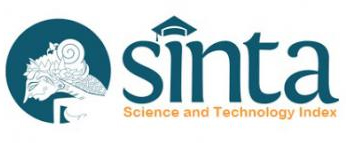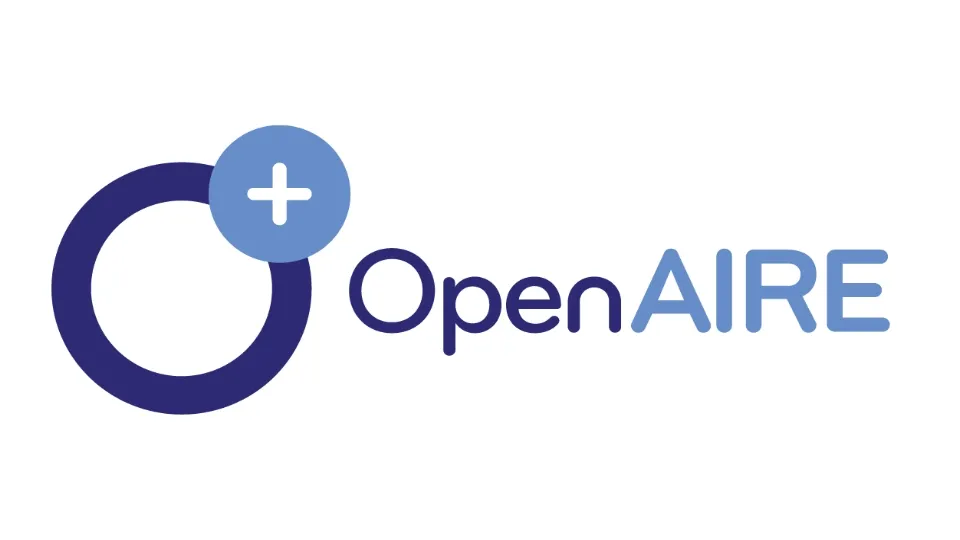Format Cetak vs Digital: Preferensi Membaca Bahan Bacaan Akademik Mahasiswa Pascasarjana Universitas Indonesia
DOI:
https://doi.org/10.21154/pustakaloka.v11i2.1620Keywords:
reading, reading preferences, academic reading materials, printed format, digital formatAbstract
Reading media as tools to convey information has undergone physical radical changes. Since the invention of the printing press in the 15th century, until the digital revolution in the 1980s, the habits of reading people have undergone many changes. In the past people had to buy reading media in print, nowadays only by downloading files in digital format, someone can already do reading activities on cellphones, tablets, and computers. No exception for the habit of reading academic material on students, several studies show a tendency for student preferences in reading academic material in digital format rather than in printed format. This study examined the preferences of the graduate students in University of Indonesia in reading academic reading materials such as textbooks and scientific journals. An online questionnaire used to collect data and 68 graduate students participated in this study.The results of the study show that although postgraduate students prefer digital formats, the print format is more convenient and make them more focused on reading.
Downloads
Published
Issue
Section
License
Requirements to be met by the author as follows:
- Author storing copyright and grant the journal right of first publication manuscripts simultaneously with licensed under the Creative Commons Attribution License that allows others to share the work with a statement of the work's authorship and initial publication in this journal.
Authors can enter into the preparation of additional contractual separately for non-exclusive distribution of a rich version of the journal issue (eg: post it to an institutional repository or publish it in a book), with the recognition of initial publication in this journal.
Authors are allowed and encouraged to post their work online (eg, in institutional repositories or on their website) prior to and during the submission process, because it can lead to productive exchanges, as well as citations earlier and more severe than published works. (see The Effect of Open Access).















